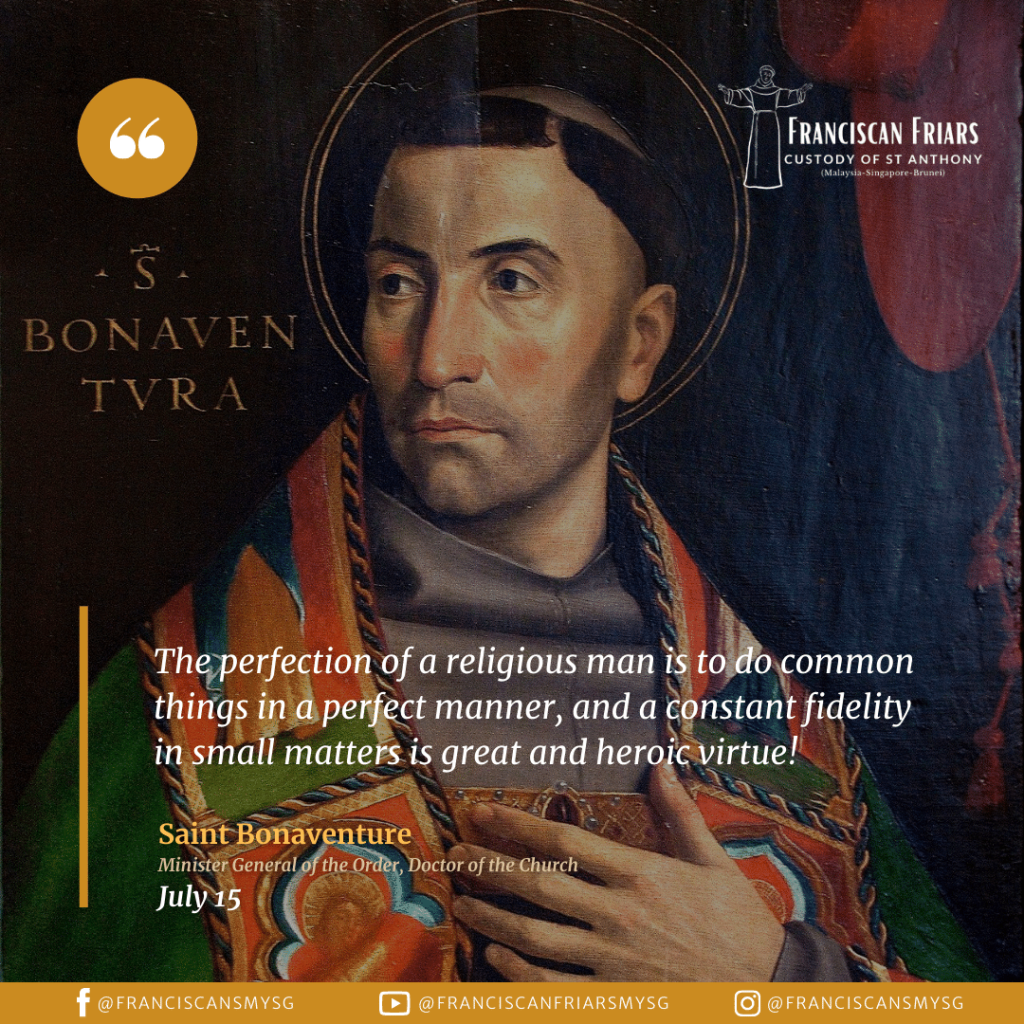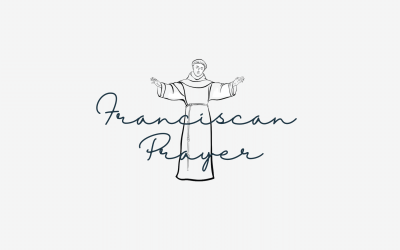
Bonaventure, who was born to a wealthy family in Orvieto, joined the Franciscans around 1238 in the midst of his studies at the University of Paris. St. Francis had died only some dozen years before, but already his order was rapidly changing the face of the Church in Europe. To Bonaventure, it seemed that the Franciscan Order “was not invented by human providence but by Christ. In it, the learned and the simple lived as brethren.”
Bonaventure himself was definitely one of the learned. Franciscan simplicity might not have seemed an attractive fit for such a scholar. In fact, Francis had held learning in great esteem so long as it was subordinated to the pursuit of holiness. In this spirit, Bonaventure received support from the Order to continue his studies. In 1257, along with his Dominican counterpart, St. Thomas Aquinas, he received his doctorate in theology.
Rather than pursue the life of an academic theologian, however, Bonaventure was immediately elected to serve as minister-general of the Friars Minor—a role in which he left a lasting mark. During a time of contending factions within the order, Bonaventure tried deftly to steer a middle course between the radical freedom of Francis and the disciplined order of a religious community. To reinforce his moderate interpretation of the Franciscan charism, he composed an influential life of St. Francis. For his successful efforts, he would become known as the Second Founder.
“The perfection of a religious man is to do common things in a perfect manner, and a constant fidelity in small matters is great and heroic virtue!”
– St. Bonaventure
He wrote a number of other important works, including his mystical treatise The Journey of the Mind to God. This was his attempt to translate Francis’s identification with Christ into philosophical terms—a journey of the soul along the path of holiness, leading from contemplation of the created world to an ever-deepening contemplation of the spiritual order, and progressing ultimately toward the goal of union with God.
In 1265, Bonaventure respectfully declined an appointment as archbishop of York. In 1273, however, Pope Gregory X ordered him to accept the title of cardinal-bishop of Albano. When papal legates arrived to present him with his red hat and insignia of office, he kept them waiting while he finished washing the dishes. Summarizing his spirituality, he observed: “The perfection of a religious man is to do common things in a perfect manner, and a constant fidelity in small matters is great and heroic virtue!”
Bonaventure died in 1274. He was canonized in 1482 and later declared a Doctor of the Church. In recognition of his angelic virtue, he is known as the Seraphic Doctor.
Source : The Franciscan Saints (Franciscan Media)





0 Comments